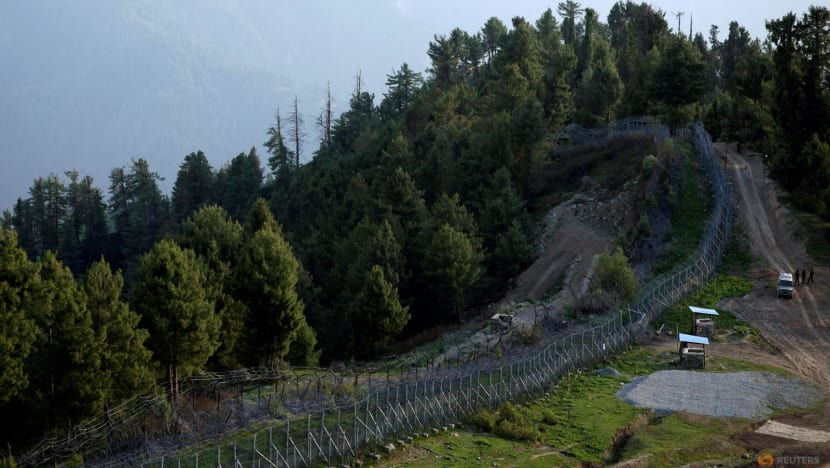

Pakistan and India have reached an agreement to withdraw troops to their pre-conflict positions by the end of May, according to a senior Pakistani security official. This move aims to de-escalate military tensions between the two nations after a recent period of heightened conflict.
The decision follows a ceasefire agreement that has been largely maintained since the beginning of May, which brought an end to intense exchanges involving drones, missiles, aerial combat, and artillery. The four-day conflict, which resulted in over 70 fatalities, was triggered by an attack on tourists in Indian-administered Kashmir last month. New Delhi accused Islamabad of supporting the gunmen, a charge Pakistan denies.
The troop withdrawal will be implemented in phases, encompassing the additional troops and weaponry that were deployed, primarily along the Line of Control (LoC) in Kashmir. The Directors General of Military Operations (DGMOs) from both sides are actively coordinating the pullback to ensure a smooth and peaceful transition. The initial plan aimed to complete the withdrawal within ten days, but minor issues have caused some delays.
This repositioning of forces is considered the second phase of the ceasefire arrangement and a crucial confidence-building measure. Diplomatic efforts, particularly from the United States and other international partners, played a significant role in facilitating the agreement.
Both countries are also expected to start talks in a neutral venue soon. In the first phase of the agreement, the Pakistan Air Force and Aviation will return to their positions prior to the active conflict. In the second phase, all ground forces and naval forces will also return to normal positions. This will be done gradually until May 30.
In a related development, India announced that the Punjab land border ceremony, a popular tourist attraction, would reopen to the public. Pakistan claimed that it had never stopped the event.
Kashmir remains a point of contention between India and Pakistan, both of whom claim the region in its entirety. They have fought multiple wars over the Muslim-majority territory since gaining independence from British rule in 1947. The latest conflict began on May 7 when India launched strikes against what it claimed were "terrorist camps" in Pakistan, which prompted an immediate response from Islamabad.